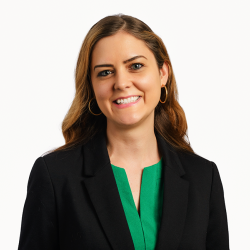Type 2 Diabetes: Howard's Story

Howard, 64, knew a few of his family members had diabetes but didn’t think it would ever affect his life. In 2018, Howard recalls his initial feelings after receiving a Type 2 diabetes diagnosis, “I had very limited knowledge about diabetes or even what it meant to have diabetes.”
“You have Type 2 diabetes” can be a surprising and overwhelming diagnosis to hear. Many people who have Type 2 diabetes don’t have obvious symptoms or have such mild symptoms that they don’t notice them. In fact, half of all Americans who have diabetes don't even know it. Fortunately for Howard, by maintaining regular primary care visits, he was able to tackle his Type 2 diagnosis while it was still in the early stages—when it's easier to treat and less threatening to overall health.
Shortly after his diagnosis, Howard began working with Diabetes Educator Karla Courter, BSN, RN, to develop a personalized treatment plan, including practical lifestyle modifications. “My awareness of what I was eating changed dramatically and meeting with the team helped me make better choices,” Howard says.
Fast forward to 2023 and Howard continues to follow the strategies he learned from the Diabetes Education Services team. In doing so, he has been able to keep his diabetes under control and maintain normal blood sugar levels—avoiding the long list of health problems often associated with long-term elevated blood sugar.
Reflecting on the program's impact and his health today, Howard says, "I don't have any serious issues related to diabetes, but I think things might have been very different if I didn't have the benefit of working with the diabetes education team."
Annual wellness visits with a primary care provider are essential for catching health problems early, when they are more treatable. If you are an established patient, make your appointment today or if you need a primary care provider, visit overlakehospital.org/primarycare.









